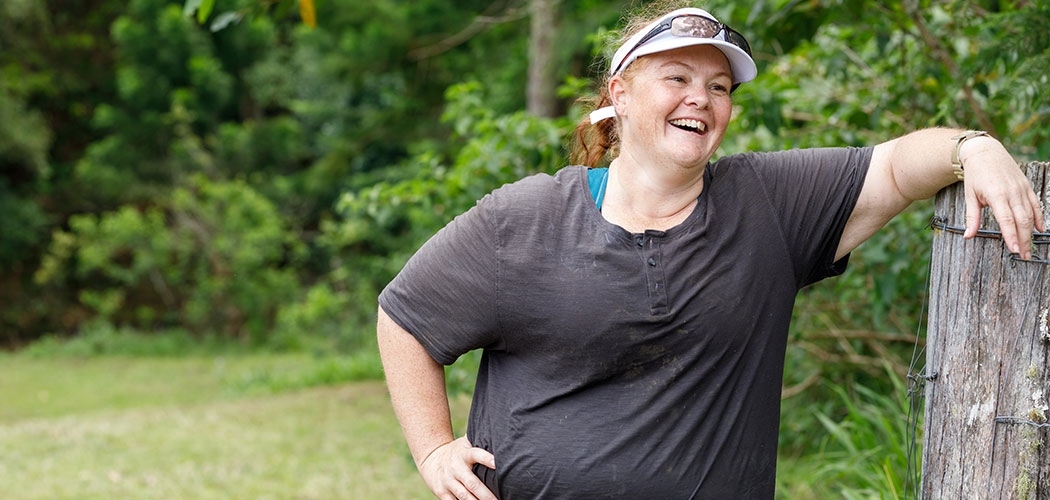Nurses and fellow health professionals have a critical role to play in helping the growing number of Australians experiencing severe weight issues, according to the nation’s peak body for obesity in Australia.
A new report launched last month by The Obesity Collective, A Time for Action, revealed the number of people living with obesity surged from 3.9 million in 2012 to 6.3 million in 2022. Australian Bureau of Statistics (ABS) figures showed that the biggest growth was in the high-risk category (class 3), which jumped by 48% during the period, and moderate risk obesity (class 2), which rose by 23%.
The Obesity Collective Director Tiffany Petre labelled the findings a stark reminder that the health system is failing Australians with the most severe weight issues. Obesity is linked to over 30 diseases, including 17 types of cancers, cardiovascular diseases, musculoskeletal conditions, type 2 diabetes, dementia, asthma, and chronic kidney disease, she added.
“We’re seeing the number of Australians with severe weight issues continue to grow. That’s where the biggest health issues present, which most impact people’s wellbeing,” Ms Petre says.
“Those most impacted by obesity are much more likely to have chronic health conditions needing treatment over a longer period. It makes sense to support people to manage their health earlier before health conditions become severe.”
Established in 2018, The Obesity Collective is a national umbrella coalition aiming to reduce the health and wellbeing impacts of obesity in Australia by raising awareness of the science and reality of obesity and promoting evidence-based prevention and treatment action.
Early on, the collective came to the realisation that to make positive change, the complex issue needed a broad approach and, most importantly, a different line of thinking that shifted away from blaming the individual, to creating healthier environments, tackling stigma, sharing lived experiences, and focusing on the science.
One of its latest resources is a free e-learning module for healthcare professionals, Understanding the Science and Reality of Obesity for Better Patient Care, which provides information about the science of obesity, personal experiences of patients and healthcare professionals, quick tips for best practice, and opportunities to reflect on practice. Learning objectives include the environmental and biological factors that can influence people’s body weight and risks for obesity, recognising the relevance of weight stigma and how it can negatively impact patient care, and identifying opportunities to have better conversations about weight and health within practice.
According to The Obesity Collective Project Manager Monica Garner, for health professionals, one of most important things to remember is that people, first and foremost, are human, and not simply an ailment or disease.
“The training highlights the many complex drivers of obesity,” she explains.
“It could be trauma related. It could be socioeconomic status, a whole bunch of things. It shares the experiences of people living with obesity and, also, general misconceptions that we may have as a society around obesity.
“Importantly, the module also touches on the experience of healthcare professionals supporting people with obesity in the health system, as well and recognising that there are barriers within the health system.”
Ms Petre agrees, saying that evidence shows obesity is a stigmatised topic in healthcare, mirroring society with its assumptions about whether a person has actually tried to lose weight, or how disciplined they are.
“Unfortunately, based on the evidence, the current perception of obesity amongst healthcare professionals is often similar to the one in society: that if people tried harder, and ate less and walked more, then they could be a perfect body size,” she says.
“To healthcare professionals’ defence, we haven’t educated, resourced, or funded the healthcare system to do this very well, and this is part of what the e-learning module addresses, recognising the barriers.”
The Obesity Collective’s budget submission focuses on three action areas – prevention, treatment, and tackling stigma. Recommendations include comprehensive government regulation to protect children from unhealthy food marketing, including a 20% health levy on manufacturers of sugary drinks, investing in more options for healthcare professionals to provide quality and equitable healthcare to manage obesity and prevent further chronic conditions, and addressing weight stigma across society.
The rollout of long-awaited new clinical guidelines, currently being developed by Deakin University, forms another critical piece of the puzzle, argues The Obesity Collective.
If followed, Ms Petre believes the 10 key recommendations can help shift the dial towards healthier environments and a health system that is better equipped to care for Australians living with obesity.
“Nurses are an absolutely critical piece of the puzzle on this [obesity] conversation,” she says.
“They have more time to build relationships and have more in-depth conversations. They can be really valuable in the whole solution, not just from a stigma perspective, but in helping to drive a positive cultural change.
“The training is there to help healthcare professionals to just think more about those supportive conversations that they can have, and to get them to think a little bit more critically about the topic. We’re not pointing blame. We’re saying, ‘look how we can come together to improve healthcare and improve the healthcare system’.”
Access the free e-learning module here








